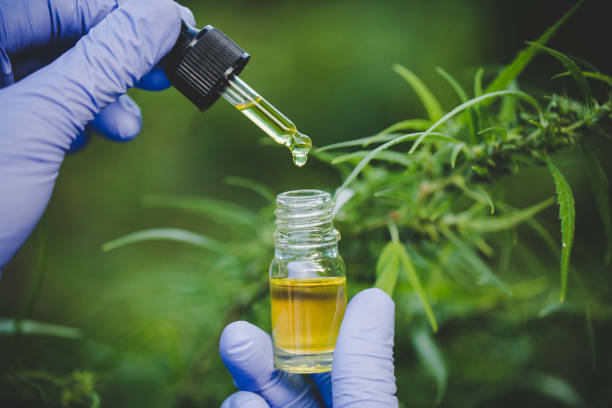There are numerous ingredients in cannabis that appeal to scientists as well as its users. Some of these compounds are THCa, which is an abbreviation of tetrahydrocannabinolic acid. THC is more well-known than THCa because it gets the user high, but THCa is non-psychoactive, which means it will not get you high. Because of this property, THCa is an appealing compound for research, as well as for people who would like to know the medicinal properties of marijuana.
As a reminder, THCa is actually the parent compound of THC. But when the cannabis plant is harvested and is stored improperly, THCa begins to convert into THC at a very slow rate. With heat, the process happens more quickly which is why THCa should not be smoked or put in baked goods.
Research on THCa Education and Products
In the scientific domain, it is established that THCa contains components that can perform the task of an anti-inflammatory and neuroprotector. According to some theories, it may assist patients with rheumatoid arthritis, fibromyalgia, and neurodegenerative diseases. However, it is important to understand that most research is done with little sample sizes and most of the results are obtained from first-phase studies.
THCa Education and Products: User Generated Feedback
THCa is of special interest among users due to its capacity to be ingested without producing psychoactive effects. It can be used during the day, even at work. Users also report that THCa has an anti-inflammatory effect which may be useful in the mitigation of inflammations such as those related to arthritic conditions. Antioxidant properties of cannabinoids are also widely reported to be beneficial for situations such as Parkinson’s disease and multiple sclerosis, as they shield the cells of the brain. THCa also helps treat nausea, which proves to be especially useful for people undergoing particular treatments like chemotherapy.
Challenges and Future Research
Despite general positivity with respect to THCa education and products, there are some concerns with its use. THC is synthesized from THCa which is very unstable and rapidly degrades to THC making it a challenge to manage. This is one of the challenges that needs to be worked on if we are to make THCa even safer for medical use. A second issue is the illegality of the substance, cannabis, in many countries and states, impacting both its study and use for helping people.
Looking Forward
As more companies enter the cannabis industry, the focus shifts to underexplored cannabinoids, such as THCa. Similar to other medical advancements, with growing knowledge about its uses and the discovery of the effects it can have, THCa would prove to be a significant player in the cannabinoid market of the future. Today, it seems to be the frontier, as it potentially offers a form of medicine that does not make patients feel ‘high’.
If you are one of the people who are seeking to know the possible therapeutic benefits of cannabis, you should consider visiting a local THCa dispensary. Speak to them to gain more insight, and you might be on track to getting a plethora of medical benefits.



